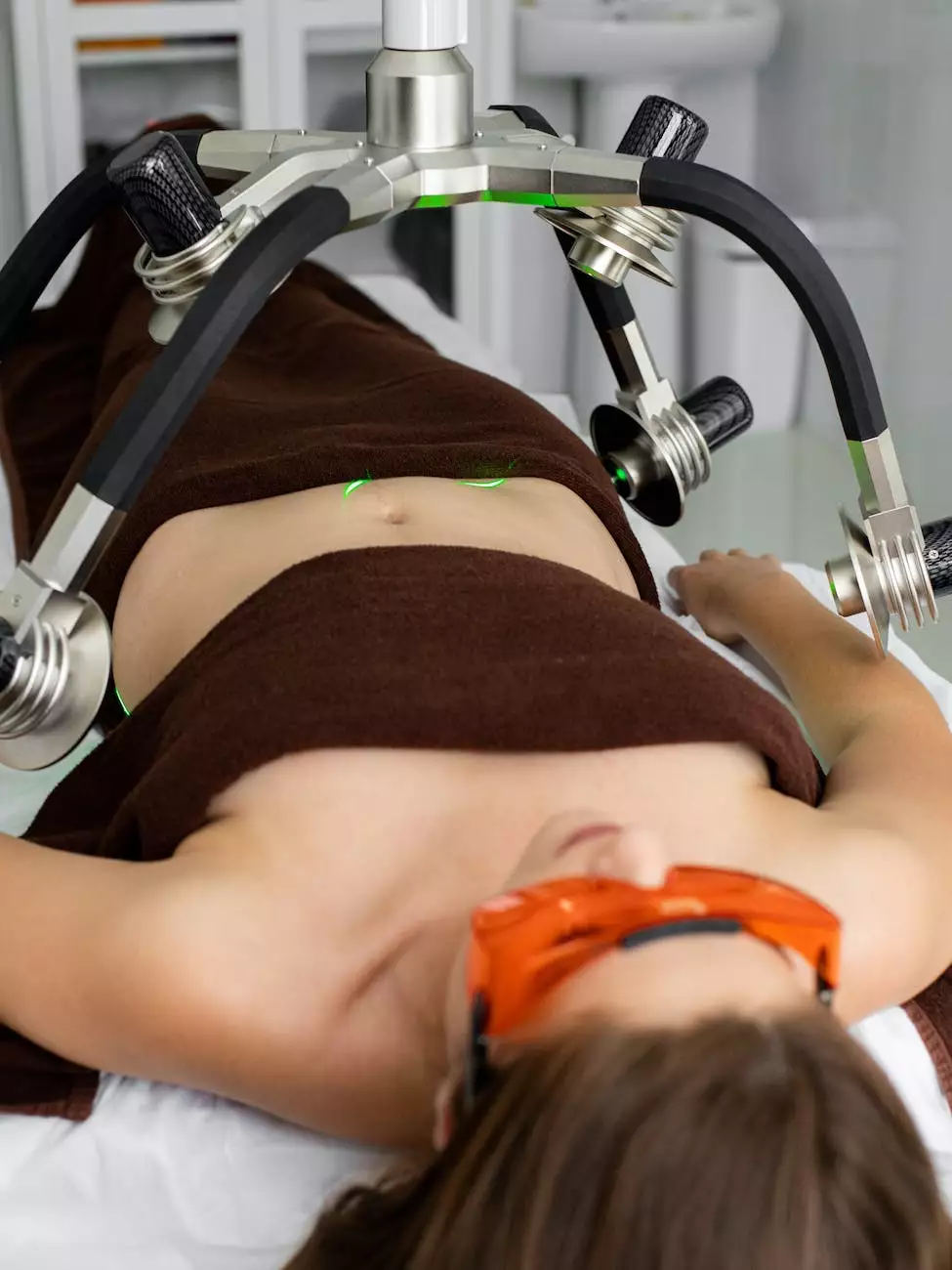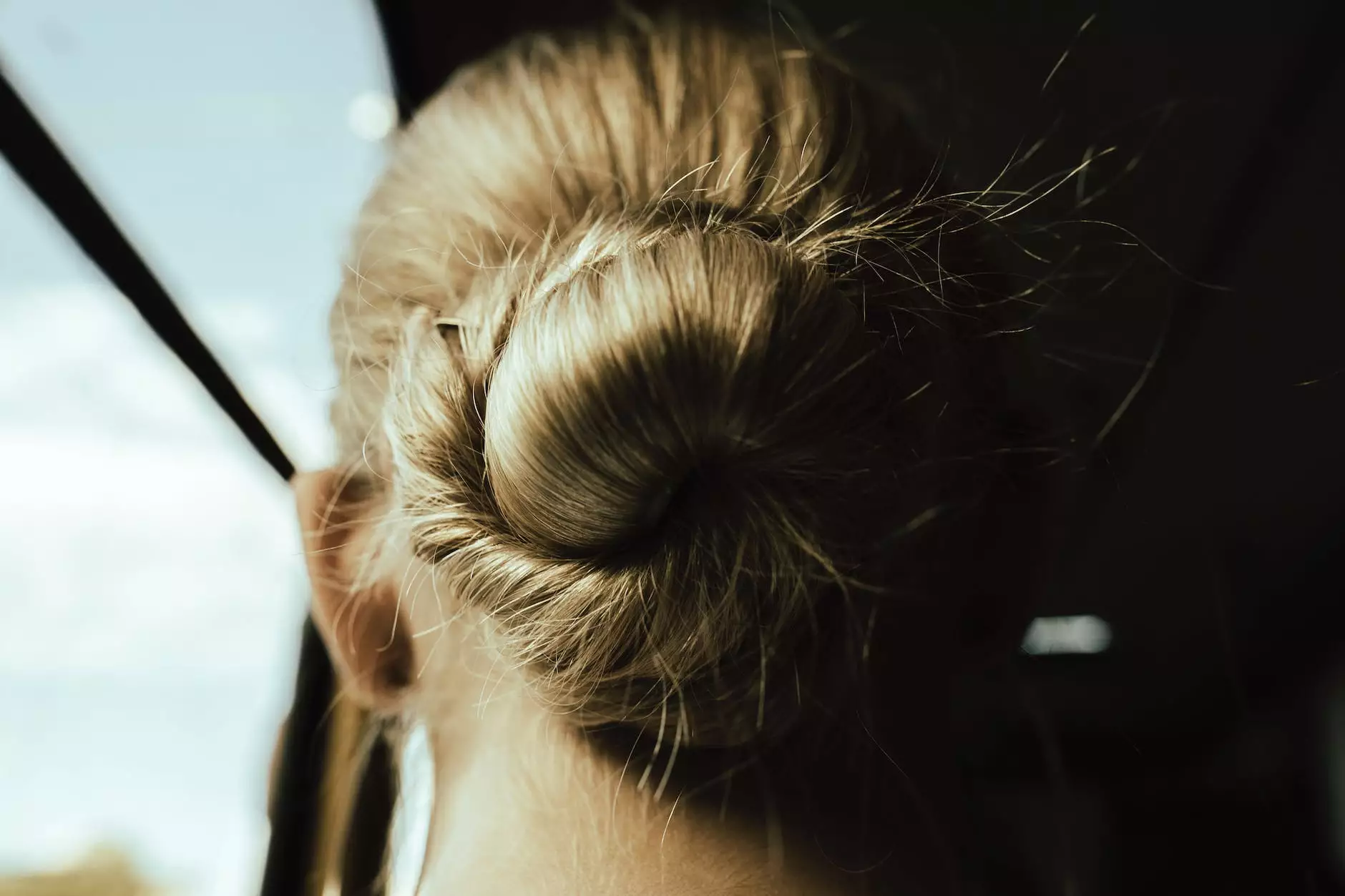Hair Loss During Menopause: Causes, Symptoms, and Prevention

Welcome to the comprehensive guide on hair loss during menopause provided by Smith, Arthur F, MD in the Health category. Menopause is a natural stage in a woman's life, signaling the end of reproductive years. Along with the hormonal changes that occur during this time, many women experience hair loss or thinning. Understanding the causes, recognizing the symptoms, and implementing effective prevention strategies are essential in addressing this common concern.
The Causes of Hair Loss During Menopause
Several factors contribute to hair loss during menopause. The primary cause is hormonal imbalance, specifically a decrease in estrogen levels. Estrogen plays a vital role in promoting hair growth, and when its levels decline, hair follicles become more sensitive to androgens, resulting in thinning hair and hair loss.
Genetic predisposition can also play a significant role in hair loss during menopause. If your family has a history of female pattern hair loss, you may be more prone to experiencing it during menopause. Other factors, such as stress, nutritional deficiencies, certain medications, and underlying medical conditions, can further contribute to hair loss.
Recognizing the Symptoms of Hair Loss During Menopause
As a woman entering menopause, it is crucial to be aware of the common symptoms associated with hair loss. These symptoms may include:
- Thinning hair, especially around the crown and temples
- Increased hair shedding, noticeable during showering or brushing
- Visible scalp or widening of the part
- Slower hair growth
- Decreased hair volume and overall hair thinning
If you are experiencing one or more of these symptoms, it is advisable to consult with a healthcare professional like Smith, Arthur F, MD to determine the underlying cause and develop an appropriate treatment plan.
Prevention Strategies for Hair Loss During Menopause
While it may not always be possible to prevent hair loss entirely, there are several strategies you can incorporate into your routine to minimize its impact:
- Maintain a Nutrient-Dense Diet: A well-balanced diet rich in vitamins, minerals, and proteins is essential for healthy hair. Include foods like leafy greens, eggs, fish, nuts, and seeds in your meals.
- Manage Stress: High levels of stress can exacerbate hair loss. Engage in stress-reducing activities like yoga, meditation, or spending time with loved ones.
- Use Gentle Hair Care Products: Opt for sulfate-free and mild shampoos and conditioners to prevent further damage to your hair. Avoid excessive heat styling and tight hairstyles that can strain the hair follicles.
- Consider Hormone Replacement Therapy (HRT): In certain cases, hormone replacement therapy may be recommended to address hormonal imbalances and mitigate hair loss. Consult with Smith, Arthur F, MD to discuss the potential benefits and risks associated with HRT.
- Explore Topical Treatments: Over-the-counter topical solutions containing minoxidil may help promote hair growth. Discuss with your healthcare provider whether these treatments are suitable for you.
Consulting with Smith, Arthur F, MD
As a leading healthcare professional specializing in menopause, hair loss, and related concerns, Smith, Arthur F, MD is committed to helping women navigate the challenges associated with hair loss during menopause. With extensive experience and a patient-centered approach, Dr. Smith provides personalized treatment plans tailored to each individual's needs.
Contact Smith, Arthur F, MD today to schedule a consultation and take the first step towards effective hair loss prevention and management during menopause.
This page on hair loss during menopause is provided by Smith, Arthur F, MD in the Health category. © 2022 Smith, Arthur F, MD. All rights reserved.




